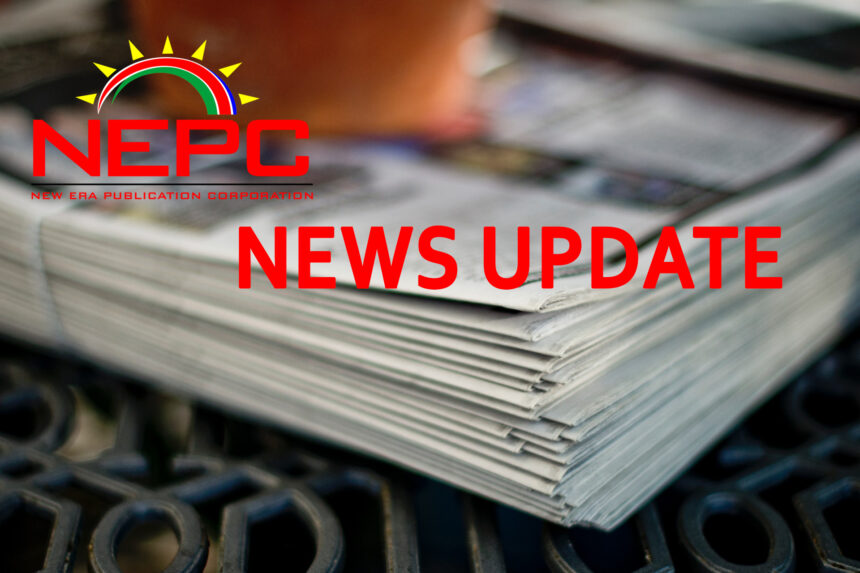The industrialisation and trade ministry is undertaking public consultations in various regions pertaining to several pertinent issues. The consultations touch on the Special Economic Zone Bill (SEZ), the National Informal Economy, Start-ups and Entrepreneurship Development Policy (NIESED), Namibia Investment Promotion and Facilitation Regulations, and the National Cooling Strategy.
The ministry has undertaken the public consultations on three key legislative and policy documents in a clustered format to gather input from all stakeholders.
Today, 12 December, the ministry is in the Otjozondjupa and Erongo regions; on Thursday, 14 December they will be in the Omaheke and Khomas regions ;and on Monday, 18 December, the consultations will be conducted in the Oshana, Omusati, Ohangwena and Oshikoto regions. Ministry spokesperson Elijah Mukubonda said this implies the Erongo and Otjozondjupa regions will be consulted on the same date in Walvis Bay, while Oshana, Omusati, Oshikoto and Ohangwena will be consulted in Ondangwa. The Omaheke and Khomas regions will be consulted in Windhoek.
“Namibia has phased out the Export Processing Zones (EPZ), and is currently transitioning to the Special Economic Zone (SEZ). The EPZ proved unsuccessful, yielded no requisite tax to the Treasury, and led to Namibia being almost blacklisted as a tax haven. This necessitated the reconsideration of the EPZ, and the need to seek for a more conducive and sustainable regime, hence the shift to SEZ,” he stated.
Mukubonda added that the trade ministry is further in the process of developing the National Policy on the NIESED. The policy aims to create an enabling environment, focusing on key aspects such as understanding the needs of informal business operators, providing entrepreneurial training, supporting business infrastructure for the sector, integrating digitalisation and establishing incentives for sector development.
“Additionally, following our consultations which were held in 2022 on the Namibia Investment Promotion and Facilitation Bill, the ministry has developed the regulations which will guide the implementation of this law, hence these regulations will need public inputs,” he added.


